Choosing the Best Firearm for Game Meat Hunting Adventure
Posted by Mandu Moses on Oct 20th 2023
Setting out on a hunting journey for game meat can offer a fulfilling experience, allowing you to commune with nature while securing sustenance. When preparing for any hunting expedition, the careful choice of an appropriate firearm holds immense importance.
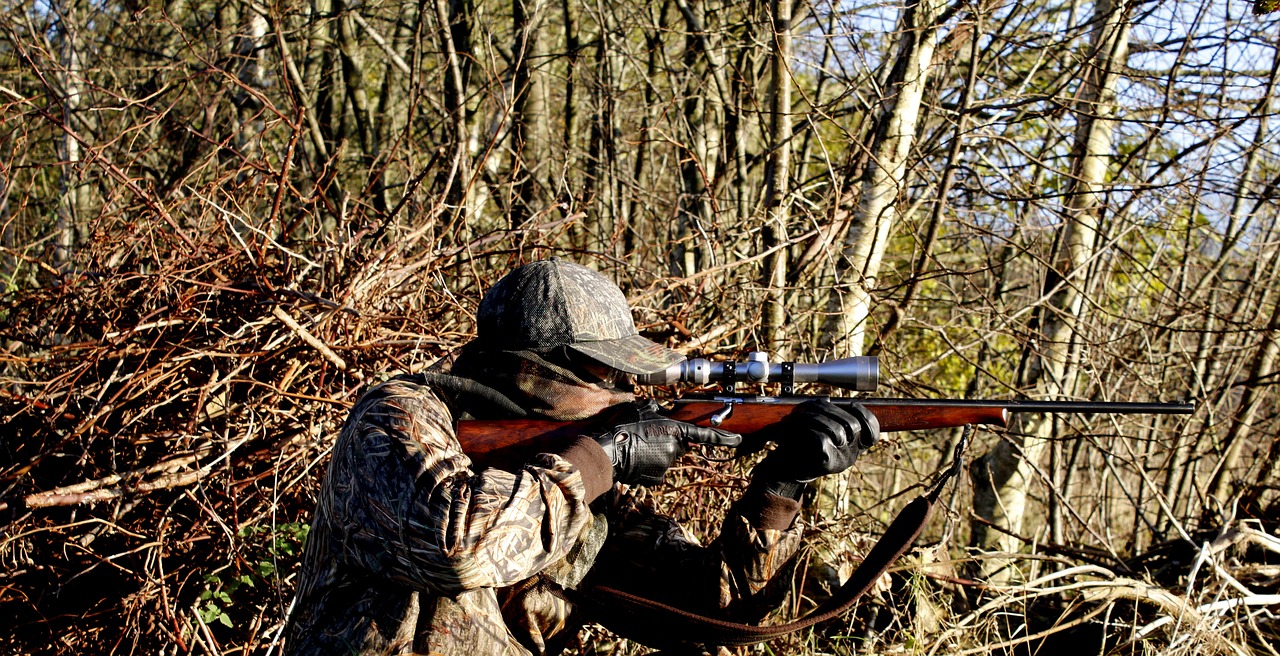
Image by mtorben
Herein is all you need to know when selecting the optimal firearm for your game-meat hunting adventure.
How To Choose Your Firearm for Game Meat Hunting Adventure
1. Determine Your Game
The initial step in selecting the appropriate firearm involves understanding the types of game meat you will be hunting. Various firearms are designed for specific game categories, encompassing small game like rabbits and birds, medium game such as deer and boar, and large game like elk and moose.
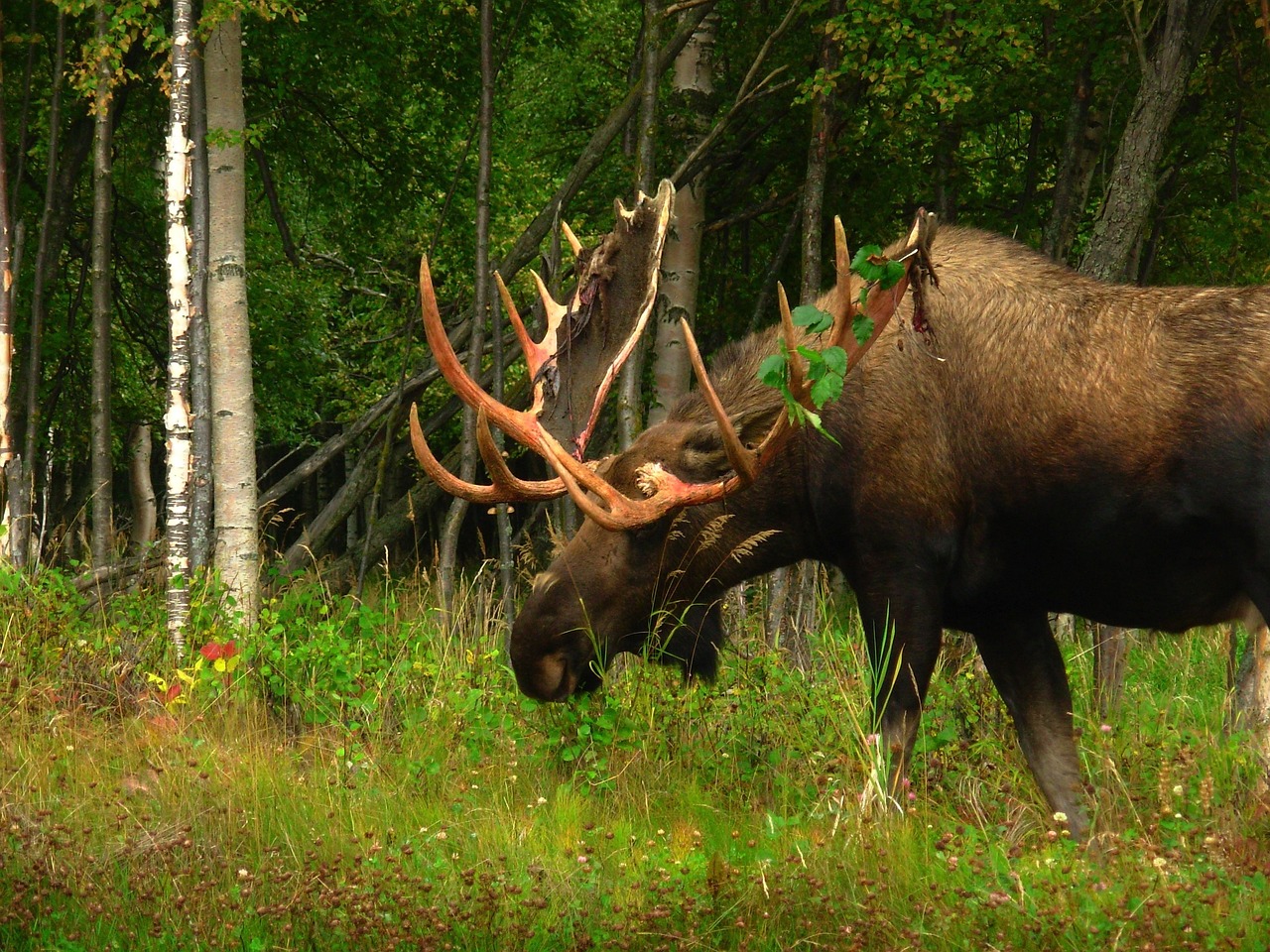
Image by 12019
Different game animals have varying sizes, strengths, and behaviors. For example, hunting small game like rabbits or birds requires firearms with lower calibers and less recoil, such as shotguns or small-caliber rifles. These firearms provide the precision needed for accurate shooting without causing excessive damage to the meat.
Consequently, larger game like deer or elk demand more powerful firearms like high-caliber rifles to ensure a swift and humane kill. Using an inadequate firearm can lead to unnecessary suffering for the animal or spoilage of the meat.
2. Evaluate Caliber and Ammunition
Research for the suitable caliber and ammunition recommended for your preferred species. The choice of caliber is influenced by factors such as the animal's size and the desired impact on the target. To make a well-informed decision, seek advice from seasoned hunters, consult local hunting regulations, and trust reliable sources.
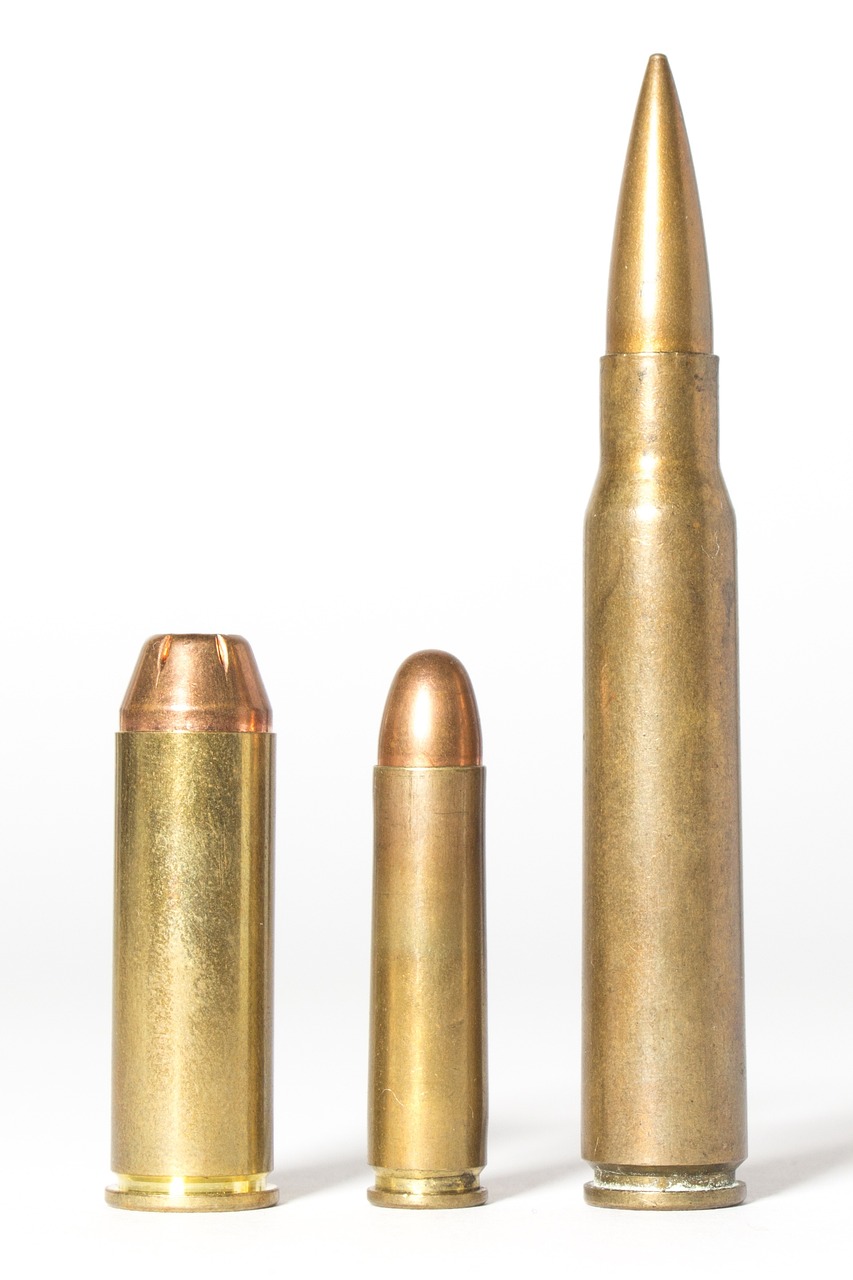
Image by Danny H.
Safety is a significant concern when evaluating caliber and ammunition. Using the correct ammunition for a specific firearm prevents accidents such as misfires. Mismatched ammunition can lead to dangerous situations, which is risky. Therefore, understanding the compatibility between the caliber and ammunition is essential to ensure a safe hunting experience.
3. Consider Range and Terrain
Consider taking into account the usual hunting range and the terrain you'll be traversing. In densely wooded areas or brushy landscapes, opting for a compact and easily maneuverable firearm might be advantageous. Subsequently, in more open terrains, a firearm with a longer effective range could be suitable.
Considering range and terrain doesn't mean you need a different firearm for every possible scenario. Versatile firearms, like certain bolt-action rifles with interchangeable barrels, offer adaptability. By modifying the firearm's configuration, you can cater to various hunting environments without an extensive collection of firearms.
4. Assess Recoil and Ease of Use
The recoil of a firearm holds significant importance, particularly for hunters with less experience. Excessive recoil can compromise accuracy and lead to discomfort or flinching while shooting. Factors like weight, stock design, and recoil-reducing technologies should be considered in the evaluation process.
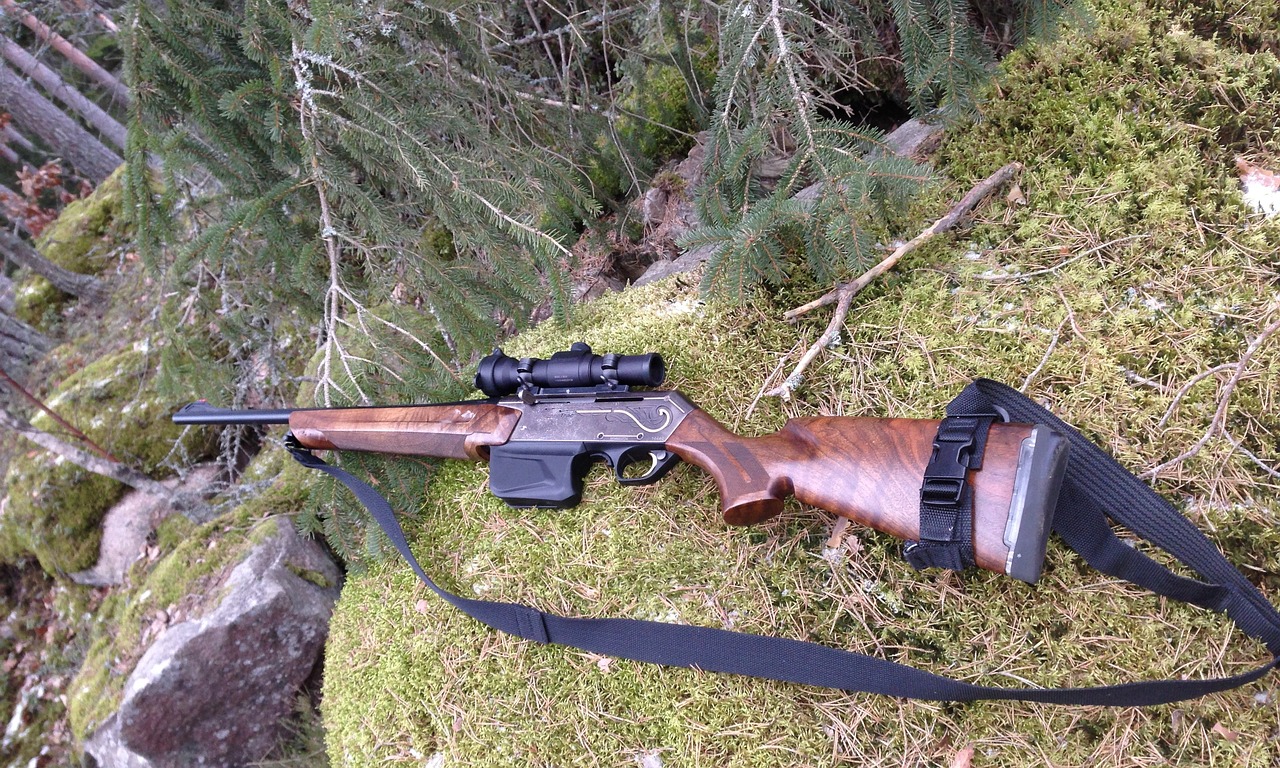
Image by Ulf Åkesson
Considering the ease of use of a firearm is essential for hunters who plan extended hunting trips. Fatigue can set in quickly during prolonged periods of carrying, aiming, and shooting. A well-designed firearm that takes ergonomics into account can significantly reduce the strain on the hunter, allowing them to maintain focus and precision throughout their hunting expedition
5. Try Before You Buy
Prior to settling on a choice, it is highly advisable to test various firearms at a local shooting range or borrow from experienced acquaintances. Pay attention to factors such as firearm weight, grip, trigger pull, and sight alignment to guarantee the firearm aligns well with your preferences and feels comfortable in your hands.
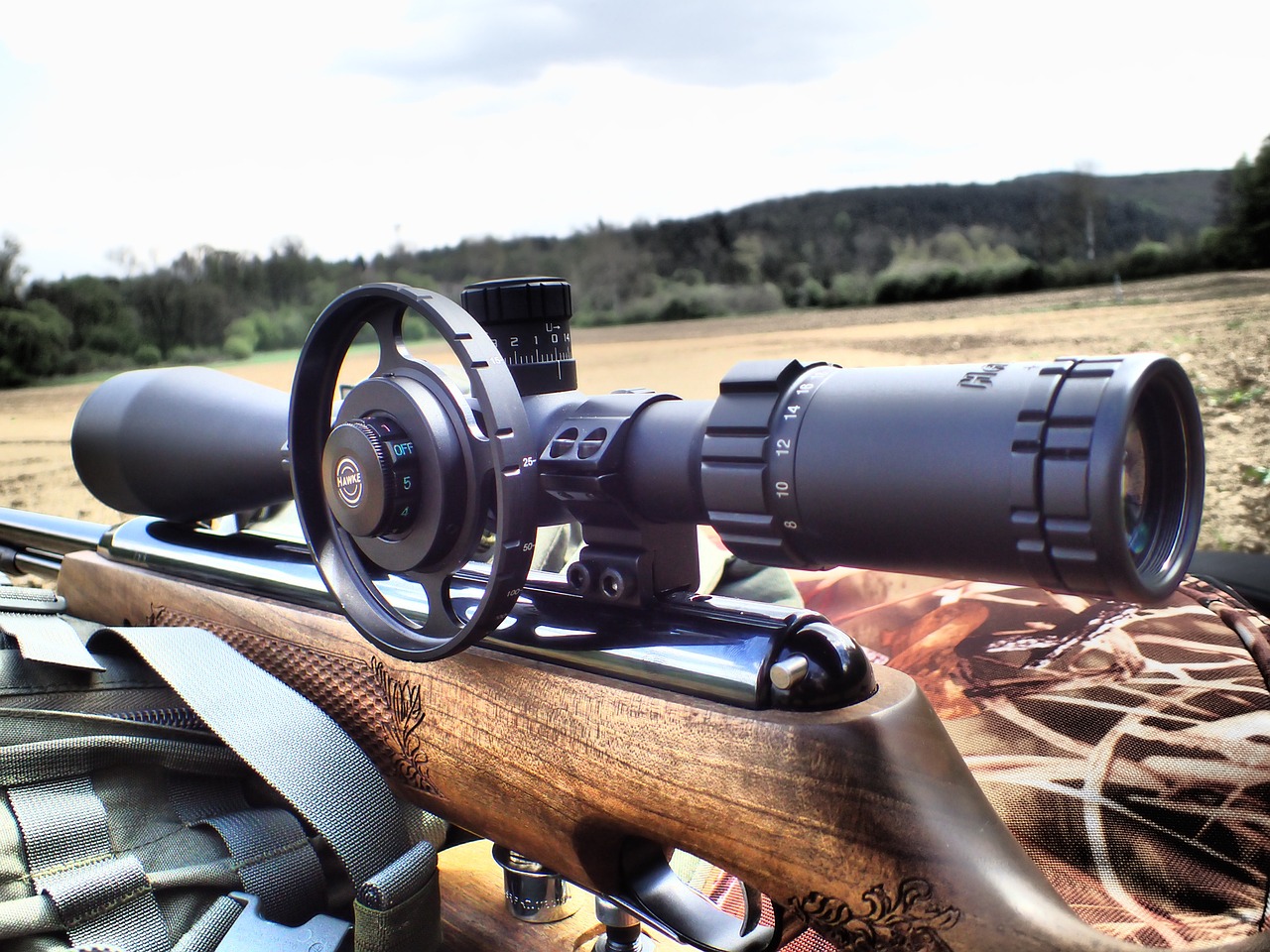
Image by Michal Renčo
Game meat hunting adventures often involve long hours in various outdoor conditions. Trying out firearms beforehand enables hunters to evaluate their reliability in real-life scenarios. Ensure that the firearm can withstand exposure to different weather conditions without compromising its performance.
6. Seek Professional Advice
If you are a novice in the hunting realm or uncertain about selecting the right firearm, consider seeking guidance from seasoned hunters, firearm dealers, or shooting instructors. Their wealth of knowledge and experience can provide invaluable insights, enabling you to make a well-informed decision tailored to your individual hunting objectives and situation.
Professionals stay updated with the latest developments in firearms technology and hunting regulations. A professional advisor can provide current information about legal requirements, permits, and hunting seasons, ensuring that you comply with the law and engage in ethical hunting practices.
Conclusion
Selecting the ideal firearm for your game meat hunting expedition demands meticulous attention to factors such as game type, range, accuracy, and your personal inclinations. Safety should always be paramount, alongside strict adherence to local hunting regulations and the practice of responsible hunting methods.
